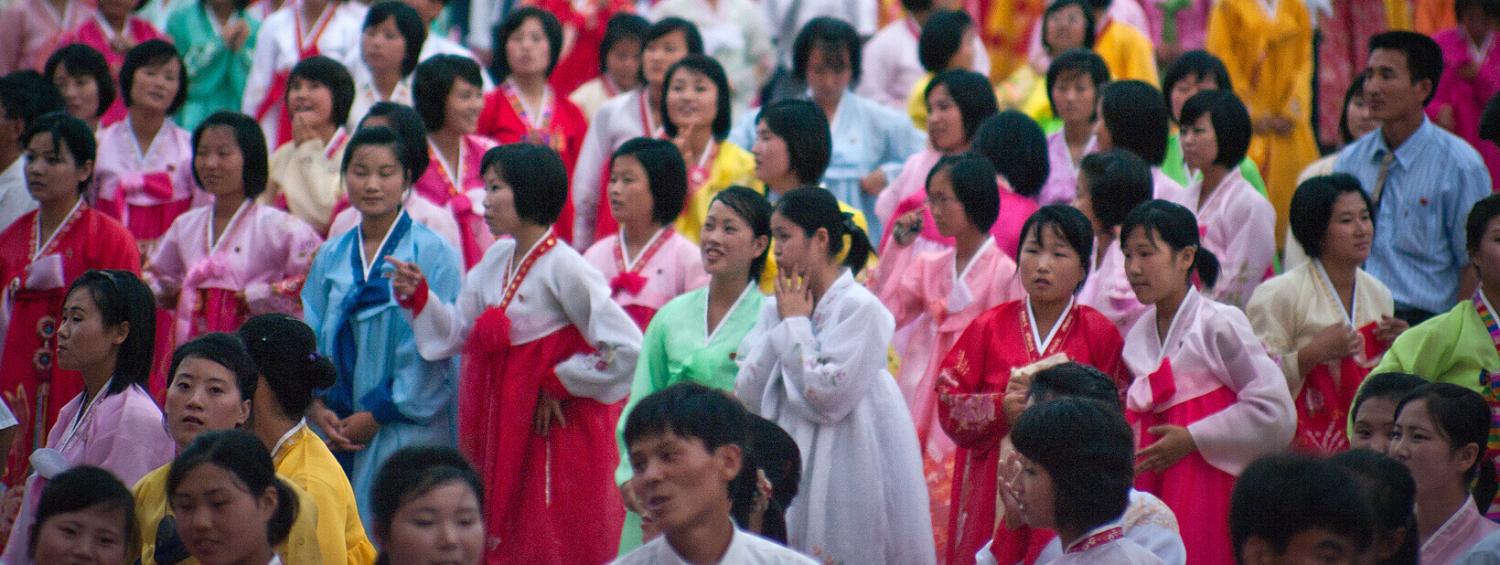Humanitarian workers are cautiously hopeful that the agreement struck between South Korean President Moon Jae-in and his North Korean counterpart Kim Jong-un in Pyongyang will allow them better access to the North. Nazanin Zadeh-Cummings:
Specifying more family reunions is promising, and offers a chance for collaboration between the Red Cross Societies of both the North and South. Improved transport links could help humanitarians deliver supplies, such as medicine, faster and easier, if they are given political permission, sanctions exemptions, and funding.
And Mason Richey considered the strategic question for Kim:
Kim wants to surrender as little of his nuclear weapons as possible, while still achieving sanctions relief. His best path for accomplishing this feat is to string out the unpredictable Trump and his administration’s hardliners.
Taiwan has lost five diplomatic allies since President Tsai Ing-wen came to power, and Beijing is putting pressure on its relationship with Japan. Stuart Lau:
Speculation is rife as to the possibility for Abe to retreat from his openly pro-Taiwan approach, after the Chinese leader agreed last week to normalising Chinese-Japanese ties, making use of the timing of the 40th anniversary of a peace and friendship treaty reached by the two countries in the post-war period.
The Trump administration has been crafting an “America First” space policy. Fabio Tronchetti:
The key fear is that, depending on how the Trump administration fills in the details of its space policy, and what it does next, the right of all nations to freely explore and use outer space and the peaceful, conflict-free, nature of outer space might be endangered.
And US President Donald Trump has signaled that he will take chair a UN Security Council meeting on Iran next week. Barbara Slavin:
Pushback from other Security Council members may convince Washington to expand the topic to the broader one of non-proliferation. But Trump will undoubtedly use the opportunity to excoriate the Islamic Republic, even though Iran has complied with the 2015 nuclear agreement that the rest of the world embraced but the Trump administration has abandoned and sabotaged.
Kirsten Han on the campaign to repeal anti-gay laws in Singapore:
A review of the Singapore Penal Code is coming up later this year. Although it would be a perfect opportunity to reconsider this controversial legislation, Section 377A has been explicitly excluded from the review. The People’s Action Party government has been reluctant to take a stand on this issue.
Attention has focused on the plight of the Rohingya in Myanmar and Bangladesh, but a significant number escaped to India, where they face new difficulties. Elise Thomas:
In recent months, with no end to the displacement crisis in sight, both the rhetoric and actions of Indian authorities towards Rohingya refugees have become increasingly hostile even as efforts to deport them cast a long shadow over their future. And the anti-Rohingya policies are sweeping up both recent refugee arrivals and those who have lived in India for decades.
Reuters journalists Wa Lone and Kyaw Soe Oo were recently sentenced to seven years with hard labour for violating Myanmar’s colonial-era Official Secrets Act while investigating a Rohingya massacre in the country’s northwest. Connor Macdonald:
Since Aung San Suu Kyi and her National League for Democracy party took control of Myanmar’s parliament in early 2016, upwards of 29 journalists have been charged under obscure laws – most notably a draconian online defamation law – for doing their jobs, far more than were charged under the previous military-backed government.
Rodger Shanahan explains the downing of a Russian Il-20 aircraft off the Syrian coast this week.
In a potentially crowded battlespace, the ineffectiveness of Russia's liaison relationships will be of major concern. Knowing that Russia has aircraft operating in the area, Moscow claims it was only given one minute's notice by Israel of the impending attack.
At the recent Pacific Islands Forum, national leaders issued the Boe Declaration on Regional Security, which identifies climate change as the single greatest threat to the region. Wesley Morgan:
The US representative at the Forum meeting, Secretary of the Interior Ryan Zinke, sought to convince Pacific island leaders that North Korea posed the greatest regional threat. Others, particularly Australian politicians, are concerned that China may use “debt diplomacy” to undermine the sovereignty of Pacific island states. Despite these concerns, island leaders were adamant the Boe Declaration should emphasise the challenge posed by climate change.
Bruce Hill asks difficult questions about the nature of independence and sovereignty in the Pacific Islands.
What kind of new relationships could smaller, vulnerable Pacific nations forge with their larger neighbours, especially when an increasing proportion of their people will be actually living there? Could there be a third way between trying to maintain full independence and being swallowed up?
